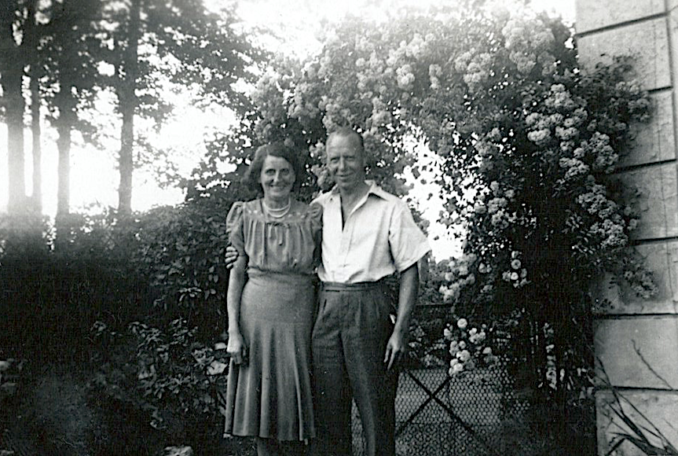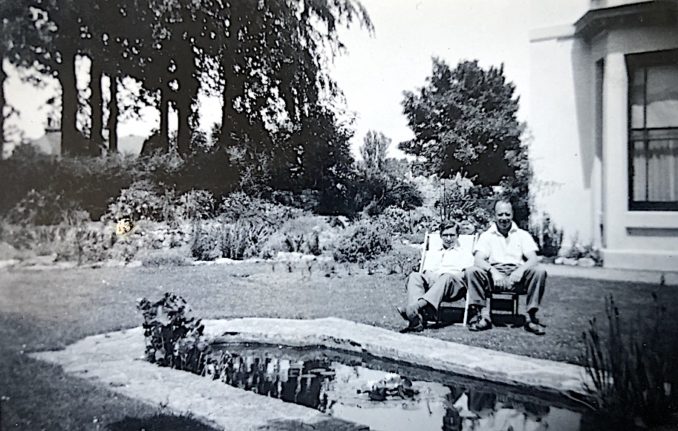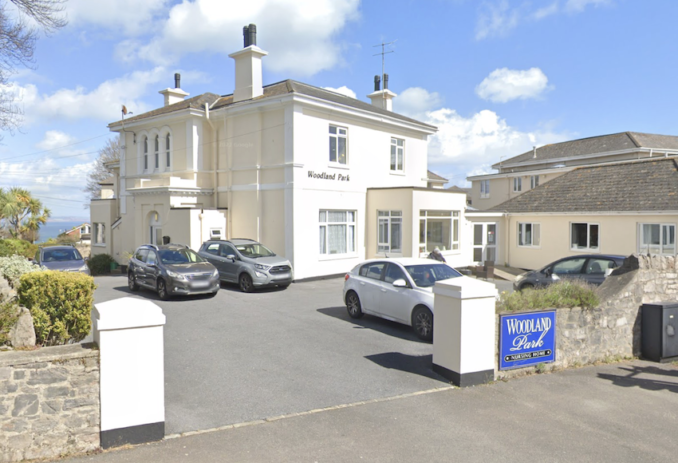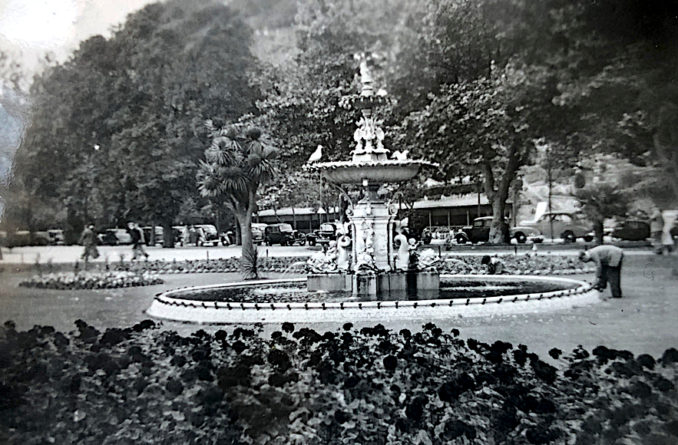Torquay and the English Riviera
Torquay is a charming seaside town in Devon and is a part of the unitary authority area of Torbay. It is located 18 miles south of the county town of Exeter. Known as a traditional yet thriving seaside town, Torquay is part of the English Riviera coast, a picturesque stretch of coastline in South Devon. It’s known as the English Riviera due to its warm climate, clear waters, and palm-lined promenades. This charming region, which extends from Plymouth to Exmouth is renowned for its stunning landscapes.
It is home to 22 miles of coastline and boasts 20 beautiful and diverse beaches. The Riviera also includes popular destinations such as Babbacombe, which offer a wide range of accommodations and attractions. The English Riviera is not just about the beaches – it also hosts a rich array of coastal wildlife. The biodiversity covers a broad range, including birds, bugs and insects, fish species and crustaceans, marine invertebrates, plants, algae, fungi, and even reptiles and amphibians. Whether it’s a leisurely beach holiday, an adventure-filled wildlife exploration, or a serene escape amidst the natural beauty, the English Riviera has something to offer everyone.
Torquay’s rich history dates back to the Paleolithic times. The first evidence of human habitation in Torquay dates back to 450,000 years ago, as confirmed by the discovery of tools and human remains in Kents Cavern. The Romans also left their mark, with remnants of a Roman farm discovered in the area. During the Middle Ages, Torquay was a small fishing village. It wasn’t until the 19th century that the town began to thrive, especially with the advent of steamships and railways that made travel more accessible. Torquay became a fashionable seaside resort for the upper classes, and many elegant villas and hotels were built during this era.
The town also has a literary connection, being the birthplace of the famous mystery author Agatha Christie. A walking trail named “The Agatha Christie Mile” highlights key locations connected to the author including the Princess Gardens where in one of Agatha’s most popular mysteries, ‘The ABC Murders’ (1936), a central character called Mr Alexander Bonaparte Cust sits in a shelter facing the town. John’s Cleese’s Fawlty Towers was set in Torquay and based upon the Gleneagles Hotel which has since been demolished and replaced by retirement flats. Remaining with show business, satirist Peter Cook was born at Shearbridge House on Middle Warberry Road, the son of a colonial civil servant who served in Nigeria and Gibraltar.
In the 20th century, Torquay played a part in both World Wars, serving as a naval base in World War I and a training ground for American troops in World War II. Today, Torquay is a popular tourist destination known for its beautiful beaches, historical sites, and cultural attractions. Its history is reflected in its many heritage buildings, museums, and landmarks such as the Princess Gardens, the Torquay Museum, and the Kents Cavern Prehistoric Caves.
According to the guff, this jewel on the English Riviera is recognised as the top trending UK holiday destination. The town is renowned for its vibrant ambience, appealing to beachgoers with its picturesque seaside promenades and an array of summertime activities. Additionally, Torquay offers a diverse range of attractions for all ages, making it a popular choice for both local and international tourists.
Vibrant, diverse, appealing, popular, charming, thriving … I wonder?
By Rail
In the modern day, a charter train called The English Riviera Express is a unique and exciting railway journey that transports passengers from London’s Waterloo station to the picturesque seaside towns of the English Riviera, such as Devon’s Torquay, Paignton and Brixham. The journey is known not only for its destination but also for the scenic route itself, which offers breathtaking views of the English countryside and coastline. This express train service is particularly popular during the summer months, providing an excellent way for holidaymakers to reach the stunning beaches of the South Devon coast.
The route from Exmouth to Paignton is called the Riviera Line and joins the Great Western main line to Cornwall at Exeter, leaving after Newton Abbot, after which it calls at Torquay. The Riviera service train name is reserved for a service to Cornwall, with the Night Riviera sleeper scheduled between Paddington and Penzance.
It runs six nights a week, from Sunday to Friday, with one train in each direction. Passengers for Torquay have to change at Exeter in the middle of the night. This service is provided by Great Western Railway, and they offer ticket purchasing and journey planning services on their website. The train has specific features like non-smoking compartments, ensuring a comfortable journey for all passengers. Regarding accommodations, the train offers sleeping berths, with the lower berth measuring approximately 6’4′ long and 2’2′ wide.
At the moment the down Night Riviera leaves Paddington at 23:45, although you can board from 21:15, and arrives in Penzance at 7:50 the next morning. Passengers for Torquay would have to leave the train at Exeter St Davids before 4:10 when it departs following a one hour and three-minute layover in the Devon county town. Those times are Monday to Friday. It doesn’t run on a Saturday and the timings are different on a Sunday.
In the up direction, the train leaves Penance at 21:45 on Monday to Thursday and stops at Exeter between 01:00 and 01:07 arriving in Paddington at 05:04. Cabin guests can remain onboard until 06:45. Timings are slightly different on Friday, completely different on Sunday and the train doesn’t run on Saturday. If that hasn’t put you off the price probably would but strikes and an unusable app make it difficult to quote a fare.
Woodland Hotel
No matter. My grandparents visited by car on their 1947 holiday road tour of the West Country and stayed in Torquay at the Woodland Hotel. Seventy-six years later there is every indication that the premises may have survived intact.

© Always Worth Saying 2023, Going Postal

© Always Worth Saying 2023, Going Postal

© Google Street View 2023, Google.com
On the town’s Babbicombe Road, there is a Woodlands nursing home. The old bay window can’t be found, likely because the building has been much extended. The pond is missing too, with most of the gardens being a car park. But some remain and the trees look familiar. Puffins can have a good look around and decide for themselves via this link. https://www.google.com/maps/@50.4803402,-3.5187298,3a,75y,61.48h,88.9t/data=!3m6!1e1!3m4!1sBrvptHff-ukTZ3qhSHqPDA!2e0!7i16384!8i8192?entry=ttu
I do hope the Woodland has survived in one form or another and not suffered the fate of other establishments in these vibrant, diverse, appealing, popular, charming and thriving times for England’s coastal towns.
Princess Gardens
Princess Gardens is a picturesque park located on the seafront. Known for its exotic palms, vibrant flower beds, and lush lawns, it offers stunning sea and harbour views. The park was designed in 1893 and officially opened in 1894. It features historical attractions such as a Cenotaph and a jetty. The park was built on land reclaimed from the sea, which allowed for the construction of a road beneath the cliffs. The Gardens Trust outlines Princess Gardens as an “Unforgettable Garden of the Month,” noting its colourful flower beds, ornate fountain, and breathtaking bay views. The park was threatened by a development plan in 2015 but was saved and is now being restored by Torbay Council.
The gardens take their name from Princess Louise, the then Princess Royal and fourth daughter of Queen Victoria, who laid the foundation stone for the “pleasure ground” in May 1890. They are overlooked by the stunning Edwardian Pavilion at one end and in the middle by Torquay’s Princess Theatre, the ideal venue to catch top West End shows and other performances during your holiday.

© Always Worth Saying 2023, Going Postal
The Princess Gardens Fountain in Torquay, pictured by my grandparents in 1947, is a significant historical feature of the park. As a Grade II Listed Building, it’s recognized for its architectural and historical value. The fountain was part of the original design when Princess Gardens were created in the 1890s, serving as a signature planting area. Despite the passage of time and various changes in the garden, the fountain remains intact, still providing a captivating spectacle for visitors. This steadfast feature is a testament to the park’s history and the enduring charm that makes Princess Gardens an unforgettable place. Have a look around on Street View via this link.
Vibrant, diverse, appealing?
The alarm was raised by a gentleman athlete colleague in my Debatable Land’s 7-a-side Wendyball team, who play their fixtures at the other end of England from the Riviera. He promised his wife and family a holiday when the covid pandemic ended. With airlines, airports and air travel still problematic, they headed for Torquay. Oh dear. After hearing the tale, further investigation called.
A March 2023 Daily Express piece captured the times. In a measure of the ignorance and contempt that the London media bubble has for all that lies outside of it, they also moved Torquay to Cornwall.
Angry protestors have clashed in Torquay as anti-migrant groups gathered for a demonstration outside a hotel housing asylum seekers in the Cornish resort town. Police are attempting to keep the rival protests apart outside the hotel as the two sides confront each other across the barriers.
The carefully spun article references ‘anti-migrant’ rather than ‘anti-illegal immigration’ and makes liberal use of words like Nazi and racist. Those violently in favour of mass, uncontrolled, illegal immigration are ‘anti-fascist’. We know the narrative.
As recently as last Monday, 18th September, a man was stabbed to death in the town’s Ellacombe Church Road. Two suspects, aged 19 and 18, have been arrested. Suspicions about what is happening in the area rise further when the 30-year-old unnamed victim is described as a ‘local’ man.
It was not always the case. A 1947 edition of the Torquay Times and South Devon Advertiser excitedly told of preparations for the following year’s yachting events to be held in Torbay as part of the 1948 London Olympics. Turning the page, a visiting Dutch journalist, a Mr W Klinkenberg, had been impressed by Torquay Pavillion’s orchestra and by the standard of music and art at the girls’ grammar school. However, he expressed disappointment that not all of the local Natural History Museum bird collection was catalogued in Latin. Different times.
He concludes,
Yes, Devonshire is a paradise. I wish Vincent Van Gogh had lived here for a time. The green sea, the rocky coasts, the hills with their red and yellow, would have inspired him. Protect your countryside against any attack by people who wouldn’t see its beauty and riches, as who in this world does not want to live in paradise…
Quite.
© Always Worth Saying 2023


